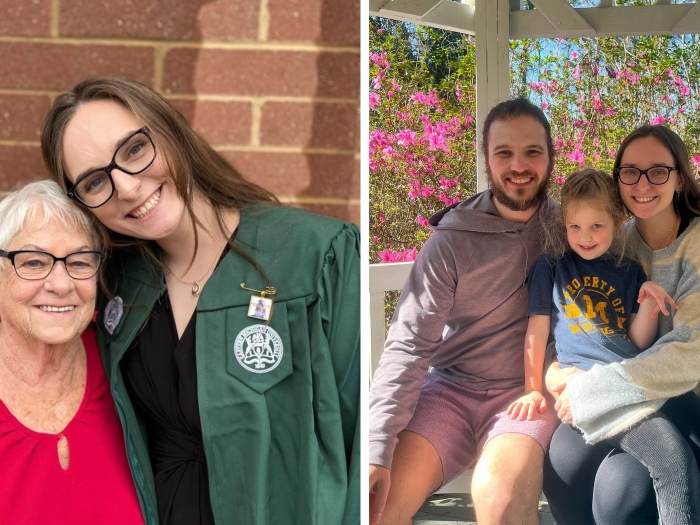The year’s most-read articles range from need-to-know health tips and lifesaving facts about disease to a tale of survival thousands of miles away.
1:00 PM
Author |
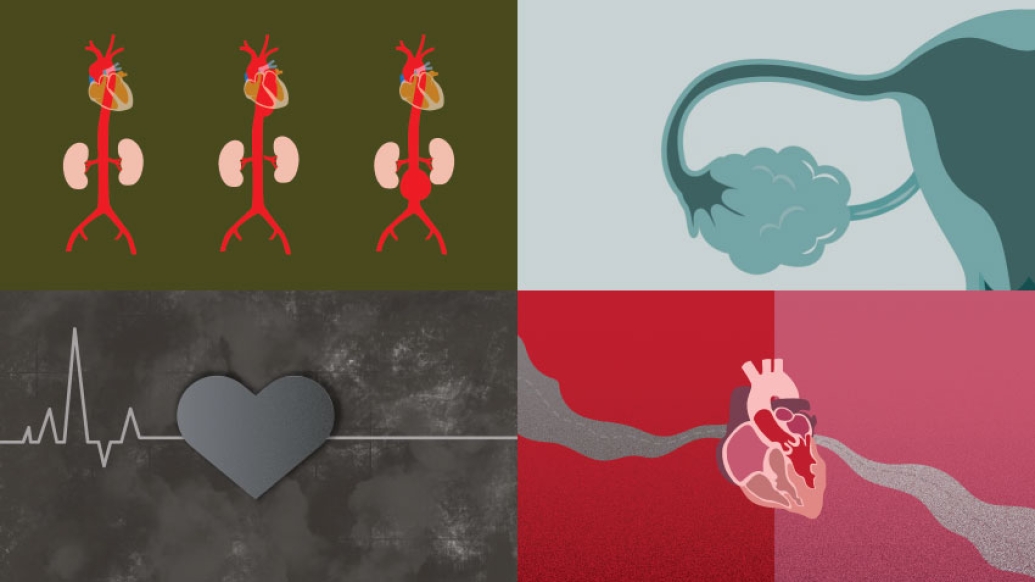
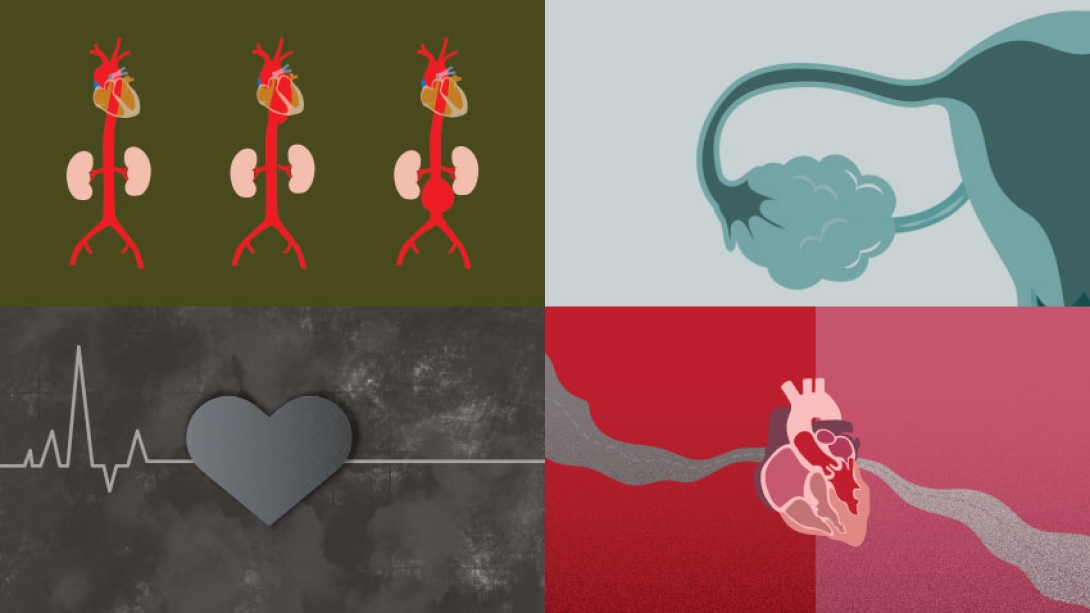
From household safety and mental health awareness to incredible stories of patient resiliency and brave children who beat their illnesses, Michigan Health covered a wide range of material this year.
LISTEN UP: Add the new Michigan Medicine News Break to your Alexa-enabled device, or subscribe to our daily audio updates on iTunes, Google Play and Stitcher.
Now, we're looking back at a few standouts.
Here are the top 10 most-read stories of 2018:
10. Ovarian Cancer Symptoms and Risk Factors [Infographic]
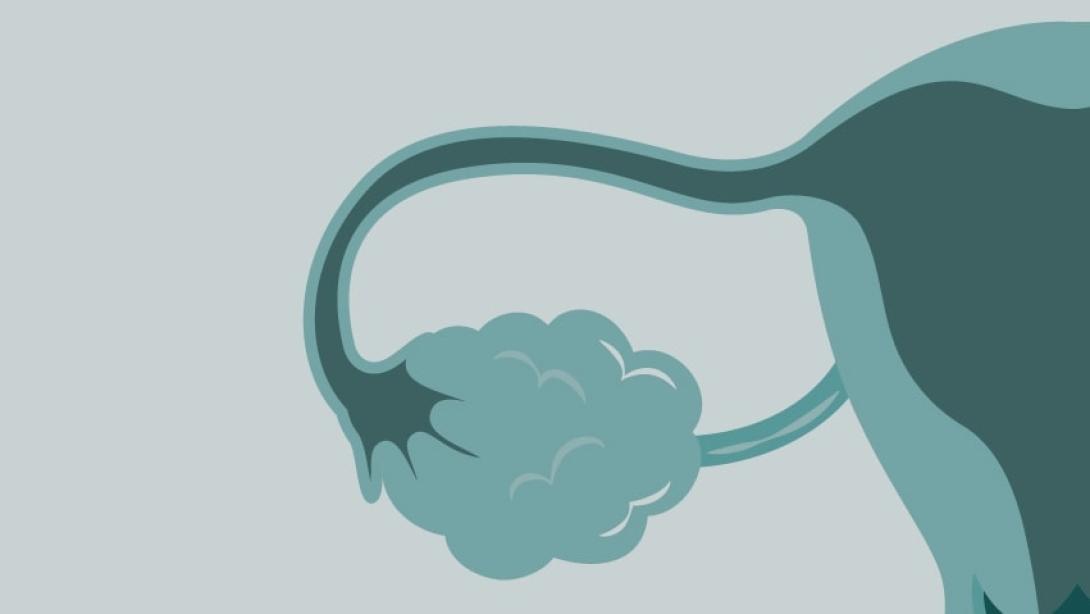
It's the No. 1 cause of gynecologic cancer deaths — and the fifth-highest cause of cancer deaths in women. But because there is no early detection test for ovarian cancer, most cases are found at advanced stages.
A woman's best defense: recognizing potential symptoms and related risk factors that can help doctors make a timely diagnosis. "The earlier we detect the cancer, the more treatable it is," says Michigan Medicine gynecologic oncologist Karen McLean, M.D., Ph.D.
9. TAVR vs. SAVR: How Aortic Stenosis Patients Can Choose
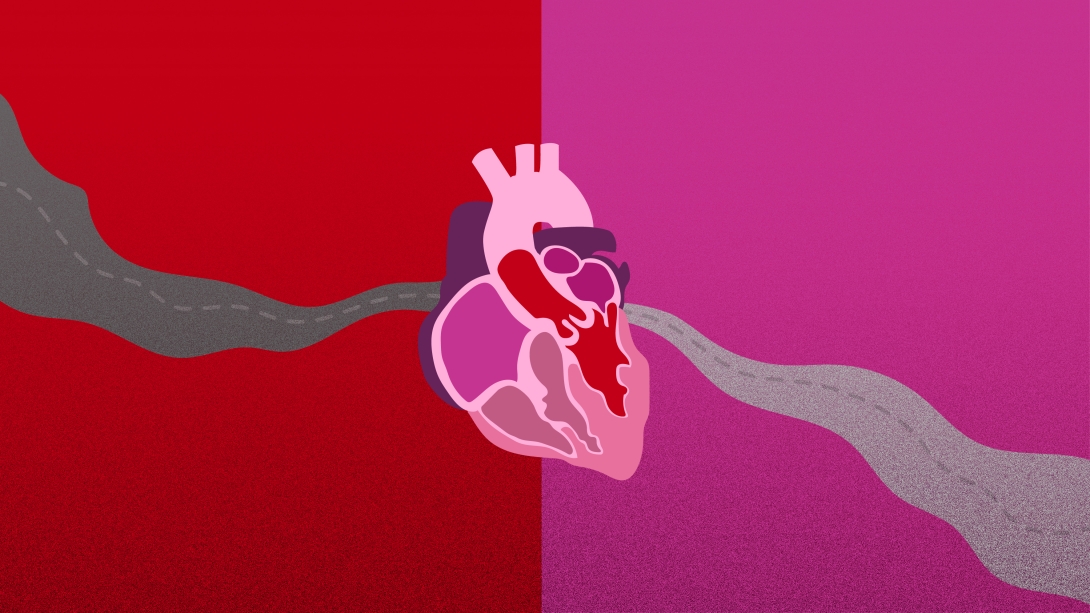
More than a million people in the United States have aortic stenosis, a condition in which the aortic valve doesn't open fully because of a thickening of the valve leaflets.
These patients may be faced with a choice between surgical aortic valve replacement (SAVR), an open-heart procedure, and the minimally invasive transcatheter aortic valve replacement (TAVR). Still, a range of factors dictate which option is suitable and safest for a given patient.
8. 12 Heart Attack Risk Factors You Can't Ignore [Infographic]

When assessing your risk of having a heart attack, it's important to know there are factors you can control and others you can't. Some, such as age, are fixed — but others related to diet and exercise, among other things, can be modified.
From knowing your family history to improving your emotional state, learn more about ways to help avoid becoming one of the 790,000 Americans who experience a heart attack each year.
7. What a Cardiologist Eats Daily to Keep Her Heart Healthy
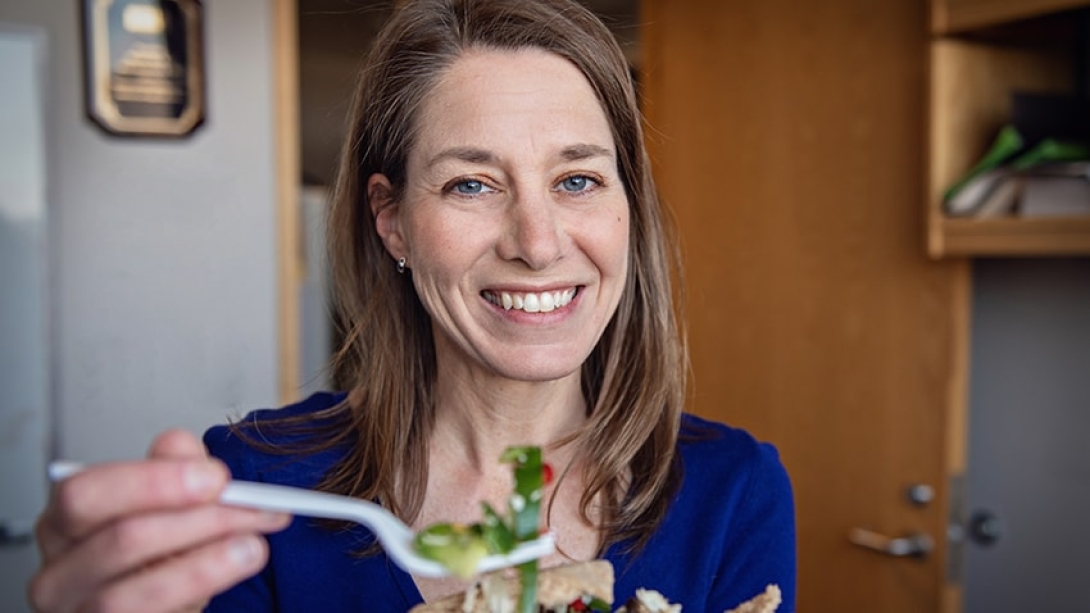
Vegetables and lean proteins are dietary pillars for Michigan Medicine cardiologist Sharlene Day, M.D. Cooking at home also helps the busy mother of two cut down on processed foods.
That doesn't mean a heart-healthy diet can't include indulgence. Day shared a recent food diary that includes treats such as whole-wheat pizza dough, DIY poke bowls and fresh sorbet. "It's a matter of moderation; that's truly the key," she says.
6. Ischemic vs. Hemorrhagic Stroke: What's the Difference?
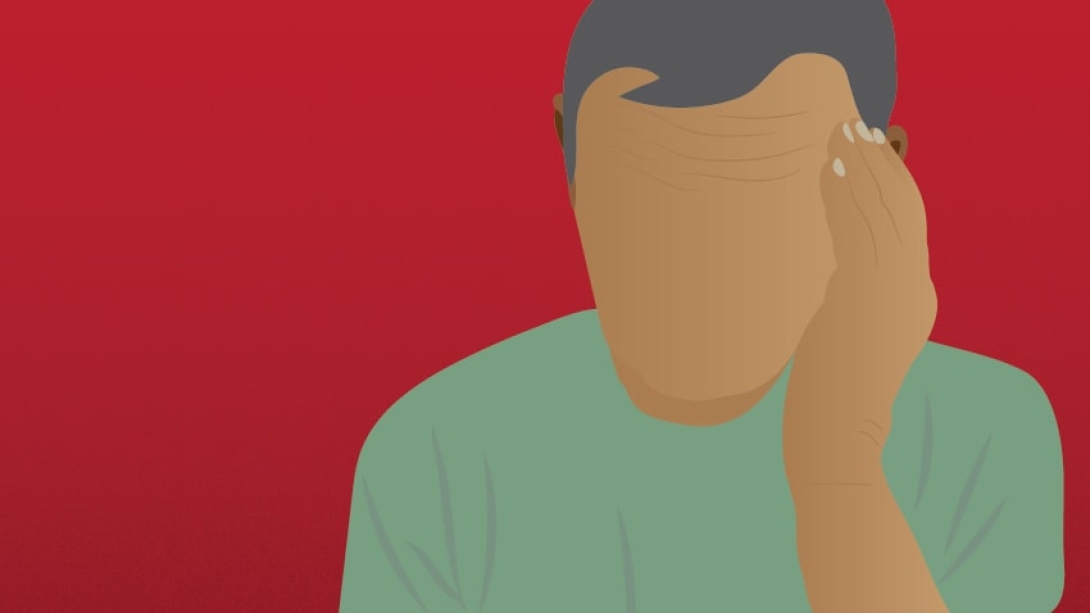
Nobody expects a stroke. And when one occurs, getting quick care is crucial to help avoid permanent damage or death caused by lack of blood flow to the brain.
There are two types of strokes. An ischemic stroke can happen when blood flow is blocked by a clot. The less common hemorrhagic stroke occurs when a weak blood vessel bursts. Get more lifesaving information here about how each of these critical events is diagnosed and treated.
5. Fast Facts About Hand, Foot and Mouth Disease

Seen most commonly among infants and children younger than 7 years old, the highly contagious viral infection made headlines this year when two Major League Baseball players were diagnosed.
Learn more about the disease — characterized by flat or raised sores — including how transmission occurs, common symptoms to know and simple preventive measures.
4. Thai Cave Conditions Pose Health Challenges After Rescue

The world rejoiced when 12 young soccer players and their coach were rescued after 17 days in seclusion in the Tham Luang caves of Thailand. But evacuees and diving crews would face a host of health issues, says Brendan Byrne, M.D.
Those troubles may have included malnourishment, sensory disorientation and fungal infections. Byrne, the director of Wilderness Medicine at Michigan Medicine, spoke more about the heroism and hurdles ahead.
3. How to Spot Signs of Opioid Addiction

It's not always easy to tell if someone has a problem with opioids. That is why doctors use an 11-point checklist to determine if a patient's use exceeds a safe or recommended dosage.
Among the criteria: taking a substance longer or in larger amounts than intended. "Typically, people don't need opioids for more than three days," says Jonathan D. Morrow, M.D., Ph.D., an assistant professor of psychiatry at the University of Michigan who explained all 11 points.
2. Know the Risks and Symptoms of Enlarged Aorta
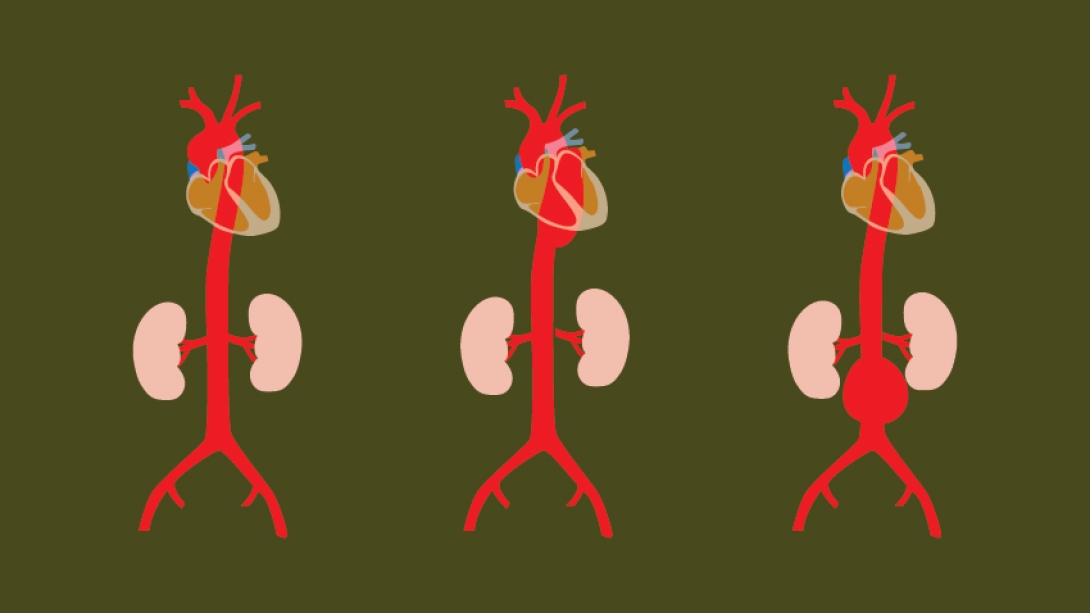
Patients with enlarged aorta typically show no symptoms until the aneurysm ruptures. Those signs include severe pain in the abdomen, chest or back.
Sudden death may also occur: Aortic aneurysms contribute to nearly 20,000 deaths each year in the United States. Based on gender, age, family history and other factors, aortic measurement screenings may be needed, says Michigan Medicine vascular surgeon Jonathan Eliason, M.D.
1. What Makes a Heart Attack a 'Widowmaker'?

Detailed in a dramatic storyline on the hit TV show This Is Us, the widowmaker quickly became a familiar word for millions of viewers. (It's an informal term for a heart attack that involves 100 percent blockage in the left anterior descending artery.)
Due to the location and the extent of blockage, a widowmaker can be particularly lethal. Michigan Medicine interventional cardiologist Stanley Chetcuti, M.D., talks about signs, risk factors and symptoms — and what to do if you suspect you're having a heart attack.

Explore a variety of healthcare news & stories by visiting the Health Lab home page for more articles.

Department of Communication at Michigan Medicine
Want top health & research news weekly? Sign up for Health Lab’s newsletters today!





